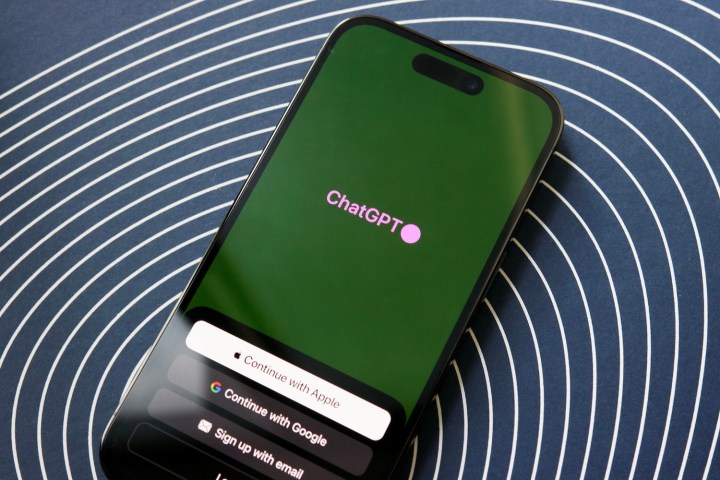New York Times became the first major media organization to take on artificial intelligence companies in court, accusing OpenAI and its sponsor, Microsoft, for infringing its copyrights by using its content to teach artificial intelligence products such as ChatGPT from OpenAI.
In a lawsuit filed in Manhattan Federal District Court, the media giant claims that “millions” of its copyrighted articles were used to train it in artificial intelligence technology, allowing it to compete with the New York Times as a content provider.
The New York Times said in the lawsuit that it wants both companies held accountable for “billions of dollars in legal and substantive damages.”
OpenAI and similar artificial intelligence companies scour the Internet for content that can be used to train their large language models, which are used in products such as the popular chatbot ChatGPT.
The upcoming high-profile legal battle will be closely watched by many in the media industry, as the court’s decisions could lead to a number of similar lawsuits from other major organizations.

The New York Times lawsuit alleges that if a user asks ChatGPT about recent events, the chatbot will sometimes respond verbatim with excerpts from the news organization’s articles that would otherwise require a subscription to access. There are also no links to the original article on the New York Times website.
Media outlets claim this results in lost revenue as potential customers are discouraged from signing up, as well as lost revenue generated from visits to its website.
The lawsuit also shows that the New York Times approached OpenAI and its sponsor Microsoft in an attempt to resolve the issue in the spring, but was unable to reach an agreement.
In response to the action, OpenAI said in a statement: “We respect the rights of content creators and owners and are committed to working with them to ensure they benefit from artificial intelligence technologies and new revenue models. Our ongoing discussions with the New York Times have been productive and have progressed constructively, and we are surprised and disappointed by this development. “We hope to find a mutually beneficial way to collaborate, as we do with many other publishers.”
This includes a partnership with German media giant Axel Springer, which gives OpenAI access to its news content for a fee. Such agreements are expected to become more common as OpenAI and similar companies look for a way to avoid more lawsuits.
Earlier this year, a group of famous authors, including George R.R. Martin, John Grisham and Jodi Picoult, also filed a lawsuit against OpenAI over a similar issue. And AI companies aren’t just using written content: Companies like Midjourney and Stability AI analyze copyrighted images online to train text-to-image software that can create “original” content. Artists are also filing lawsuits while taking direct action to try to confuse the artificial intelligence systems that analyze their work.
Source: Digital Trends
I am Garth Carter and I work at Gadget Onus. I have specialized in writing for the Hot News section, focusing on topics that are trending and highly relevant to readers. My passion is to present news stories accurately, in an engaging manner that captures the attention of my audience.










